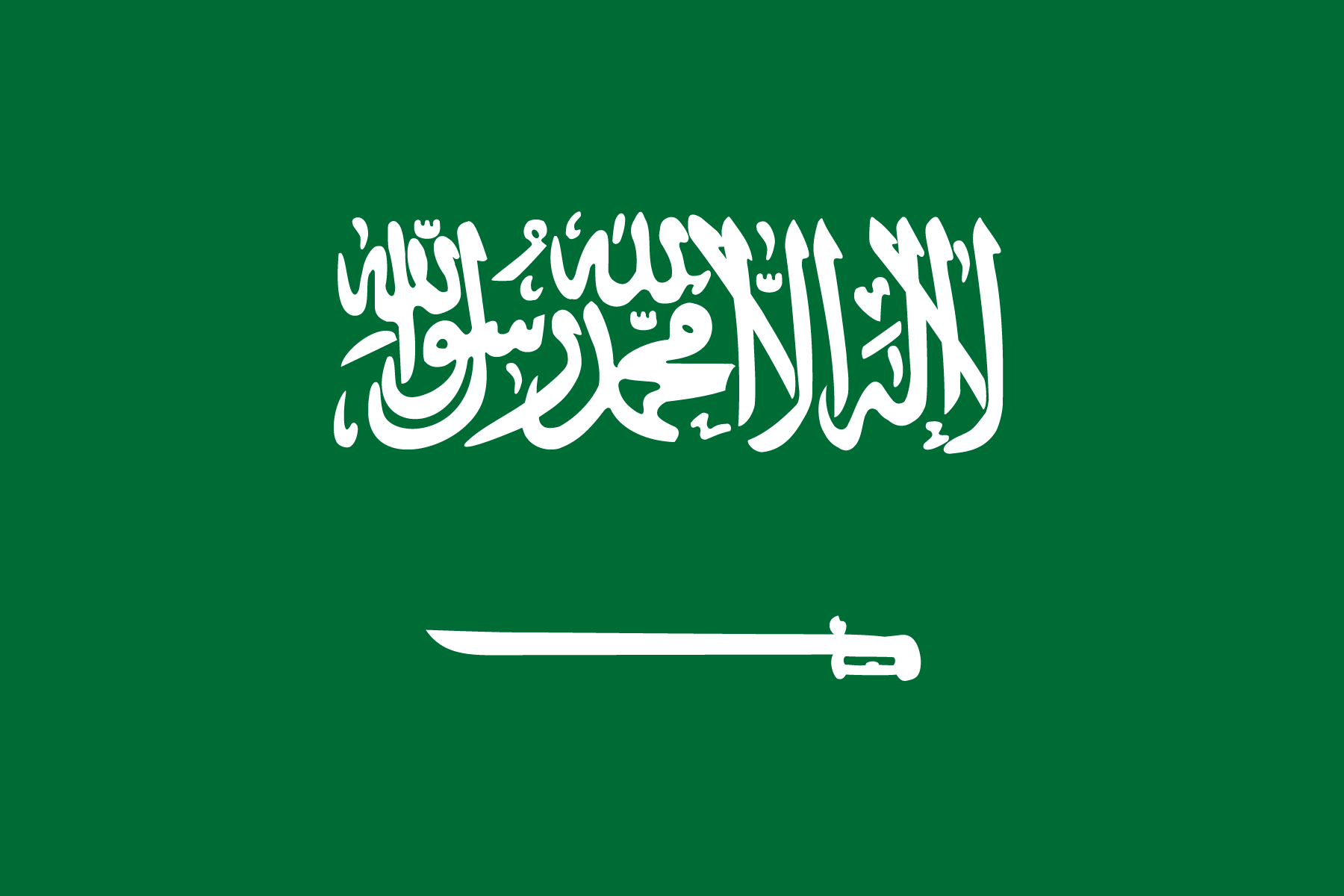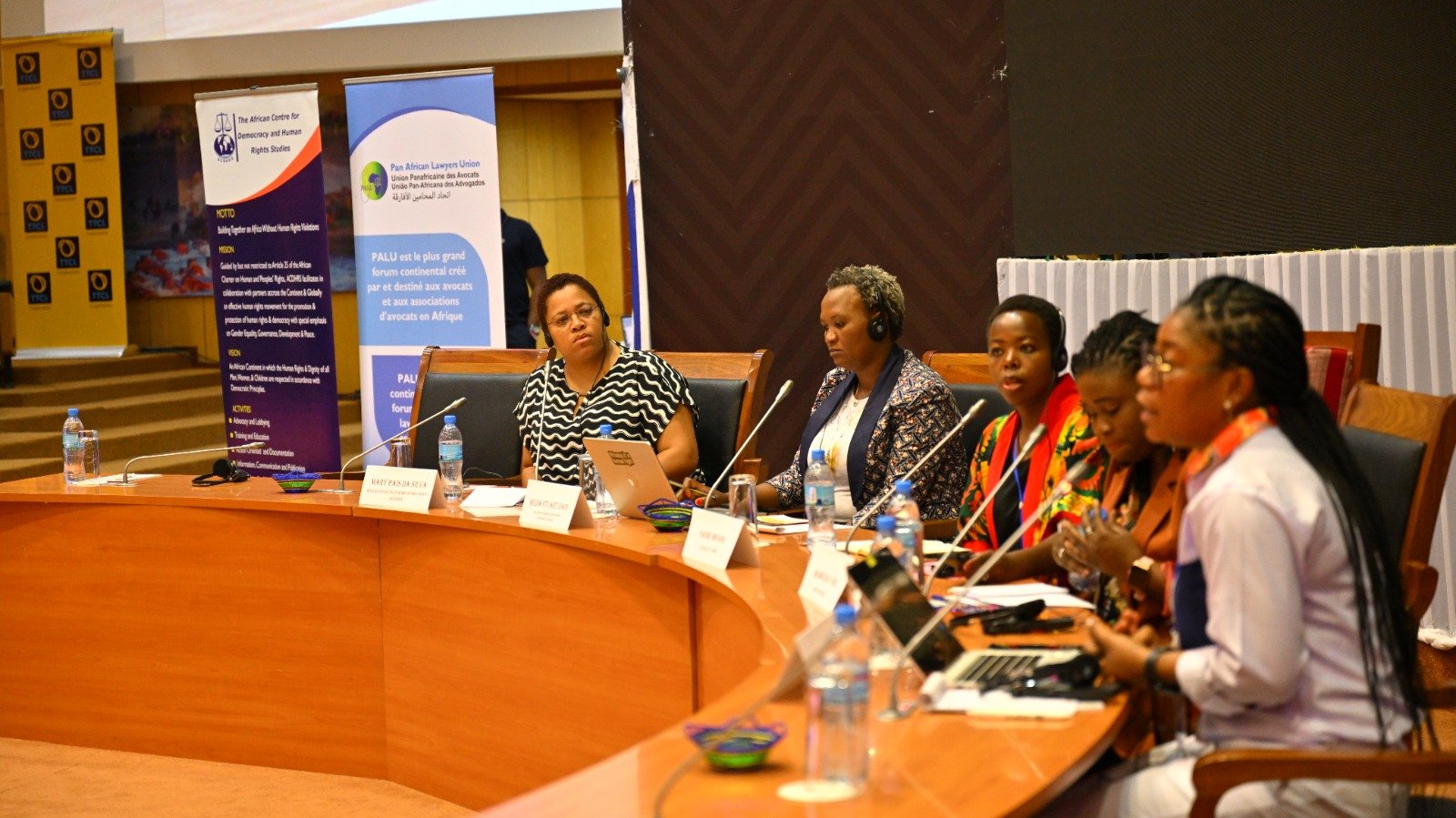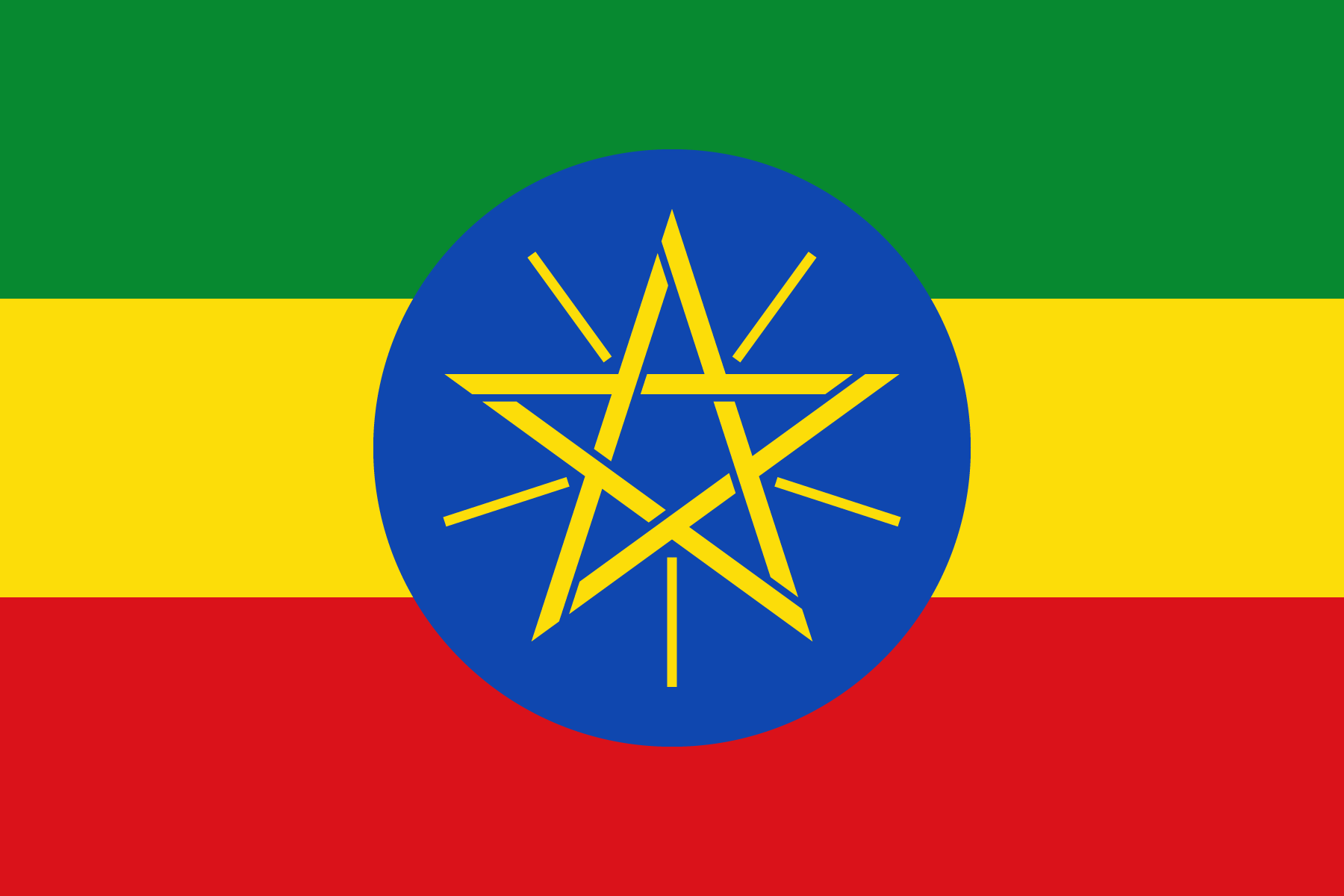Women human rights defenders play a central role in Africa for the enhancement and dissemination of the Maputo Protocol, but they still face many challenges regarding the implementation of protective measures. A safe and enabling work environment is necessary for their work to be impactful. The objective of this panel discussion was to demonstrate how and why a network or coalition can increase the impact of women defenders’ work on the continent and to provide the audience with good practices and examples of joint projects.
Moderated by Naomi Mwangi (Equality Now), the panel was composed of experienced defenders from Africa, and included:
A crucial need for protection
The discussion started by acknowledging the challenges faced by women human rights defenders in different sub-regions of Africa, which include gender-based violence, harassment, discrimination, and stigmatisation. Women defenders tend to be more vulnerable to risks because of who they are and how they are seen by society. Repressive regimes present substantial obstacles to promoting women’s rights, and all panelists highlighted the need to document violations and expose the reality for these defenders in order to implement advocacy efforts. Hilda Stuart Dadu, from the Coalition for Women’s Rights in Tanzania, emphasised the importance of including a holistic security component in protecting the work of women human rights defenders, which encompasses:
- Physical security: Women defenders are often victims of attacks or assaults. A safer environment must be put in place at home, in the offices, in the family for instance.
- Psychological security: The stories can be challenging, and providing emotional support to peers is also difficult when dealing with activism. It is essential to pay attention to well-being, self-care, and taking the time to rest.
- Digital security: Online attacks with gender-based hate speech are on the rise. Women human rights defenders shall be aware of the tools available to protect them.
Working effectively as a network to be more impactful
Mary Pais Da Silva (Estwasini) stressed the importance of placing women defenders at the core of solutions for women’s issues and involving all genders. This way, inclusive strategies can be developed in already existing structures while encouraging collaboration and partnerships between all stakeholders. Maimuna Yade (Senegal) suggested that the international human rights system of the UN should enhance collaboration to ensure all women human rights defenders’ voices are heard.
Pais Da Silva highlighted that networks offer not only essential support services, such as medical and physical assistance, but also provide moral support and solidarity. This moral support is vital when facing challenges. Their collective experiences inform strategies, protection measures, and a path forward in defending human rights. She underscored that women human rights defenders have specific needs that require tailored solutions, and these solutions must come from women themselves who are closest to the issues at hand.
Hilda Stuart Dadu discussed the rise in violence against women human rights defenders and the shrinking of civic spaces in East Africa. She explained how the coalition works to ensure that women human rights defenders receive the recognition they deserve and strive to make the UN Declaration a tool for protection.
Intersectionality as a tool for inclusion
While many examples were given to demonstrate the added value of coming together as one voice, some challenges to networking were mentioned among the movements themselves, hence the importance of promoting intersectionality, as much as possible. Renée Nwoes (Cameroon) highlighted the difficulties that arise from the lack of collaboration between women in rural and urban areas, as well as language barriers. Another big challenge was brought to the panel by Maimuna Yade, who explained how intergenerational issues in West Africa, particularly the enduring patriarchal structures, cause problems within the women’s community.
Recognising that different forms of oppression intersect, the panellists emphasised the need to analyse vulnerabilities and develop strategies that encompass the full spectrum of women human rights defenders’ identities. Their approach includes making space for marginalised groups, such as queer women, indigenous women, women with disabilities, and refugees, within their networks.
Furthermore, many recommendations were made by panellists and the public to foster an inclusive approach to feminism and to take into account different forms of feminism in implementing projects. The importance of having a broad definition of gender that includes all forms of sexual orientations and identities, in order to create better collaboration with LGBTIQ+ movements, was also mentioned.
Opportunities and resources
International and regional human rights mechanisms must work in partnership with women human rights defender networks and be accessible to those they aim to protect. In that sense, more capacity-building programmes must be put in place, targeted at women defenders particularly. The panel discussion concluded with calls for continued support, recognition, and action to protect women human rights defenders in Africa. The importance of contextualising tools, sharing successes, and addressing threats and attacks effectively was emphasised.
The summit on women human rights defenders in Africa, scheduled for 28-30 November 2023, is set to be a crucial step in celebrating successes and addressing challenges while charting a course forward in the fight for human rights and gender equality.
Finally, Equality Now announced the release of a resource targeted at both defenders and decision-makers: the Guide and Guidelines on the Protection of Human Rights Defenders in Africa (available in English, French, Arabic and Portuguese). Importantly, this new resource sets out opportunities and approaches that African States and the African Union human rights institutions could apply nationally and in regional deliberations and engagements to strengthen legal frameworks on the protection of women human rights defenders. It provides practical advice on steps that can lead to the adoption of effective measures for the protection of women human rights defenders through holistic, gender-responsive legislative, policy and administrative measures.




